7075 auminum marine plates hard aluminum plates
7075 aluminum marine plates are high-strength, durable, and corrosion-resistant aluminum alloy plates predominantly used in demanding marine environments. Known for their mechanical properties, these hard aluminum plates are an ideal choice for several marine and offshore applications where structural strength, toughness, and resistance to harsh conditions are critical.
Chemical Composition of 7075 Aluminum Alloy
| Element | Percentage (%) |
|---|---|
| Zinc (Zn) | 5.6 – 6.1 |
| Magnesium (Mg) | 2.1 – 2.5 |
| Copper (Cu) | 1.2 – 1.6 |
| Chromium (Cr) | 0.18 – 0.28 |
| Iron (Fe) | ≤ 0.5 |
| Manganese (Mn) | ≤ 0.3 |
| Silicon (Si) | ≤ 0.4 |
| Titanium (Ti) | ≤ 0.2 |
| Aluminum (Al) | Balance |
Features
1. High Strength and Hardness
7075 aluminum plates are well known for their remarkable tensile strength of around 572 MPa (in T6 temper), which makes them among the highest-strength aluminum alloys available for marine applications. This makes the plates suited for components and structures undergoing high load or stress.
Working with 7075 aluminum marine plates, I've found their exceptional strength-to-weight ratio a double-edged sword. While ideal for demanding marine applications requiring high structural integrity – think high-speed boat hulls or critical components in larger vessels – their hardness presents significant challenges during fabrication. We've experienced increased tool wear and higher energy consumption during machining operations like milling and drilling, demanding specialized tooling and skilled operators to avoid cracking or deformation. Careful pre- and post-machining stress relief treatments are crucial to prevent unforeseen failures down the line, adding to the overall manufacturing cost. Furthermore, the susceptibility to stress corrosion cracking necessitates meticulous surface finishing and careful consideration of the operating environment, particularly in saltwater exposure.
Proper material selection within the 7075 family is critical. Slight variations in heat treatment can dramatically alter the material's properties, impacting its workability and ultimate performance. We’ve learned the hard way that relying solely on the nominal 7075 designation is insufficient; specifying the exact temper (e.g., T651) is essential to guarantee consistent mechanical properties and predictable behavior. Finally, rigorous non-destructive testing, such as dye penetrant inspection and ultrasonic testing, is not optional but a necessity to ensure the absence of subsurface defects that could compromise the structural integrity of these high-strength plates, especially given the safety-critical nature of marine applications.
2. Excellent Corrosion Resistance
The 7075 alloy exhibits good resistance to general corrosion and stress corrosion cracking due to the presence of zinc and magnesium, making it reliable in marine environments that are typically aggressive due to salt and moisture exposure. Specialized surface treatments such as anodizing can further enhance corrosion resistance.
3. Good Fatigue Strength
7075 plates have excellent resistance to fatigue which means they can endure repetitive loading and unloading cycles without premature failure. This attribute is crucial for marine applications such as hull construction and offshore platforms which encounter constant wave stress.
4. Lightweight Structural Material
With a material density of approximately 2.81 g/cm³, 7075 aluminum contributes significantly to weight reduction in comparison to steel while maintaining the necessary structural integrity, accelerating boat speed and improving fuel efficiency.
5. Machinability and Weldability
Despite its hardness and strength, 7075 aluminum shows good machinability capabilities allowing precise machining with less tool wear. However, because high-strength aluminum alloys can be susceptible to welding cracks and loss of strength in weld zones, advanced caution and welding technology are applied typically using post-weld heat treatments.
Mechanical Properties of 7075 Aluminum Marine Plates (Typical-T6 Condition)
| Property | Value | Unit |
|---|---|---|
| Tensile Strength | 572 | MPa |
| Yield Strength | 503 | MPa |
| Elongation | 11 | % |
| Hardness (Brinell) | 150 - 160 | HB |
| Modulus of Elasticity | 71 | GPa |
| Density | 2.81 | g/cm³ |
Common Applications of 7075 Aluminum Marine Plates
- Shipbuilding and Repair: Used in construction of hull sections, decks, bulkheads, and superstructures where increased strength-to-weight ratio is demanded.
- Marine Decking and Structural Frameworks: Perfect for decking requiring both durable bearing surfaces and corrosion resistance.
- Offshore Platforms and Rigs: material to form structural support frames, walkways, ladders, and guardrails in oil rigs and offshore platforms.
- Boats and Yachts: Handrails, seating frames, and mounting brackets benefit from the alloy’s overall mechanical properties and environmental resistance.
- Underwater and Submersible Vehicles: The alloy's strength combined with weight savings is critical for submersibles and underwater systems requiring structural integrity and resistance to seawater corrosion.
Additional Considerations
- Heat Treatment: 7075 aluminum plates for marine use typically come heat-treated to T6 temper which balances strength and corrosion resistance effectively.
- Surface Finishing: Anodizing and painting treatments improve durability and aesthetics, additionally protecting exposed surfaces in corrosive marine environments.
- Compliance and Standards: These plates often meet ASTM B209 or AMS-QQ-A-250/9 standards to ensure consistent alloy properties and performance reliability.
Related Products
Marine 5086 aluminum plate
5086 Aluminum Plate belongs to the 5xxx series of aluminum-magnesium alloys. Its hallmark is a high magnesium content—generally between 4.0% and 4.9%—which delivers enhanced corrosion resistance, particularly against saltwater and marine atmospheric conditions.
View DetailsMarine 5059 aluminum plate
Marine 5059 Aluminum Plate is distinguished by its high magnesium content and carefully balanced alloying elements, designed to maximize strength without compromising corrosion resistance.
View DetailsMarine 5383 aluminum plate
The 5383 aluminum alloy belongs to the 5xxx series of aluminum-magnesium alloys known for remarkable resistance to marine corrosion and high strength.
View DetailsMarine heavy duty aluminum plate
Marine Heavy Duty Aluminum Plates Sheets generally refer to thick aluminum alloy plates and heavy gauge sheets produced from marine-grade alloys such as 5083, 5086, 5059, and 5383.
View DetailsMarine aluminum steel clad plate
Aluminum / Steel Clad Plates consist of a sandwich construction in which a layer of marine-grade aluminum alloy is metallurgically bonded to a steel substrate.
View DetailsMarine 5083 aluminum plate
Marine 5083 Aluminum Plate belongs to the 5xxx series of aluminum-magnesium alloys and is classified as a non-heat-treatable alloy. Its high magnesium content (typically 4.0–4.9%) enhances its corrosion resistance, especially against seawater-related degradation such as pitting and stress corrosion cracking.
View DetailsRelated Blog
7075 auminum marine plates hard aluminum plates
7075 aluminum marine plates are high-strength, durable, and corrosion-resistant aluminum alloy plates predominantly used in demanding marine environments. Known for their mechanical properties.
View Details

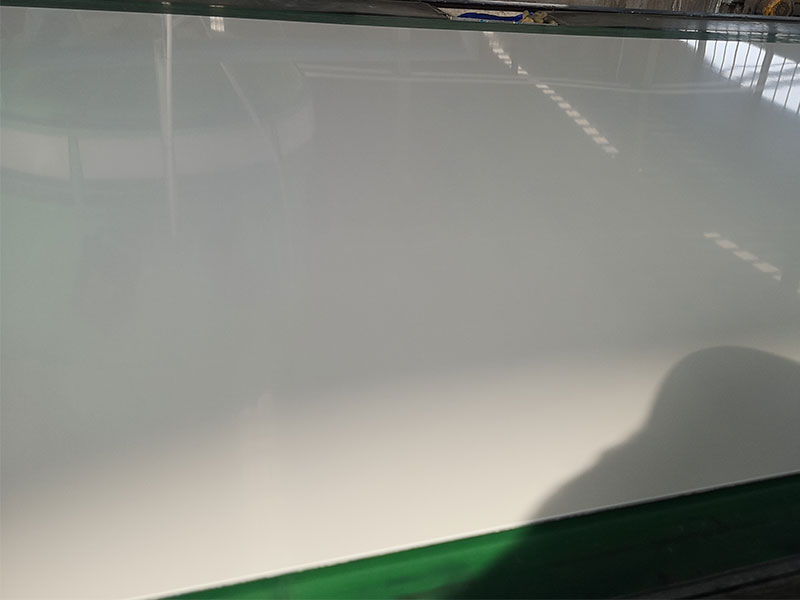
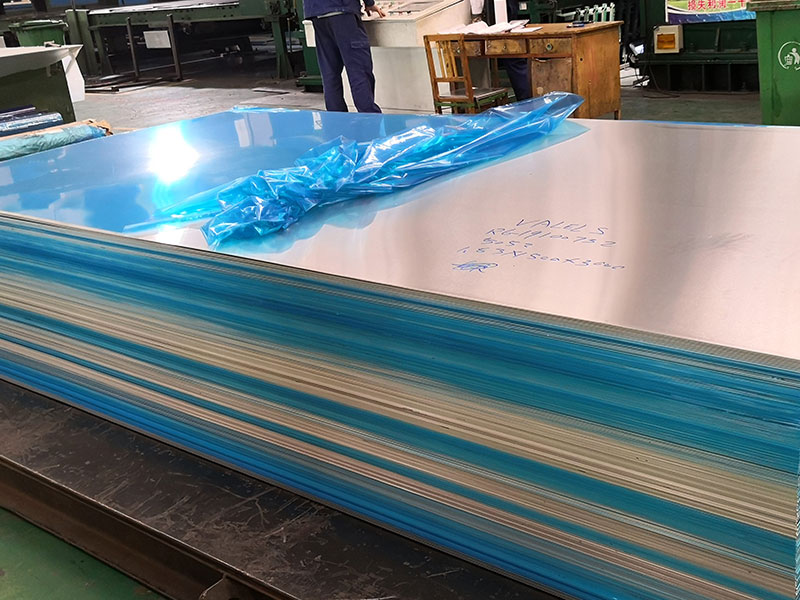
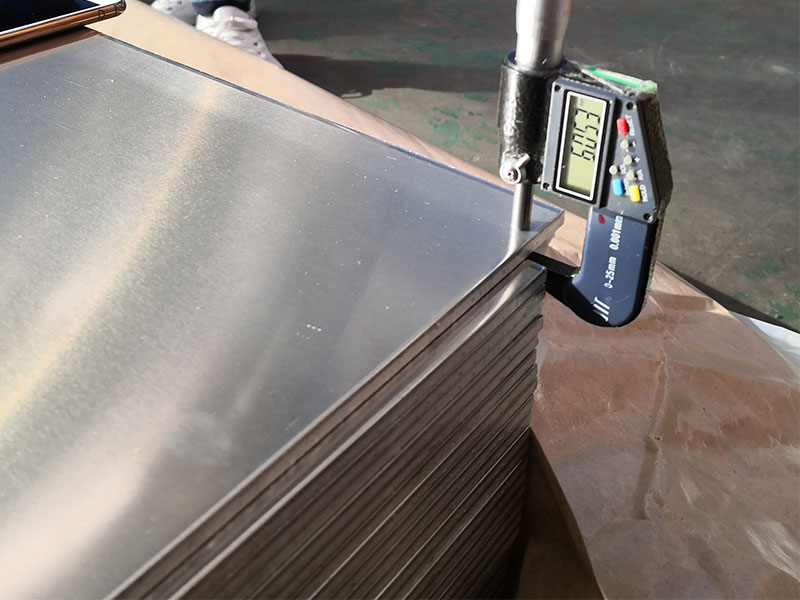
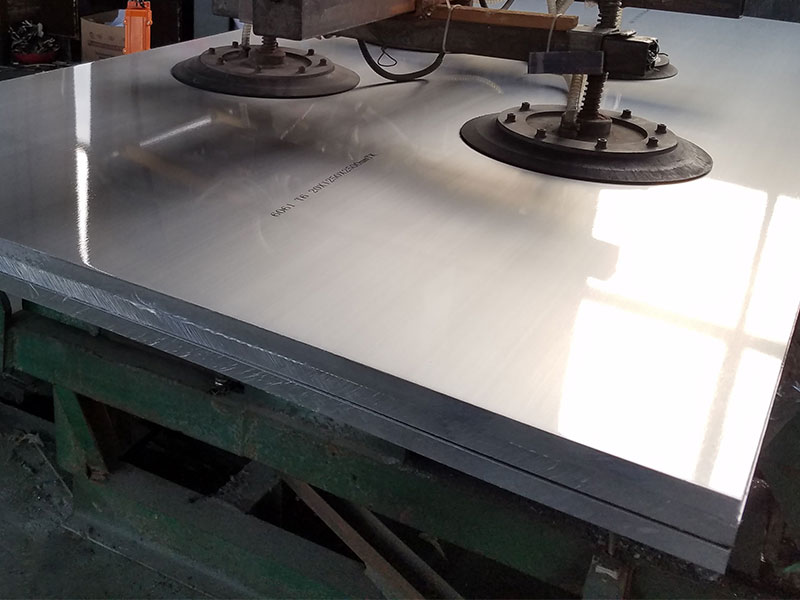
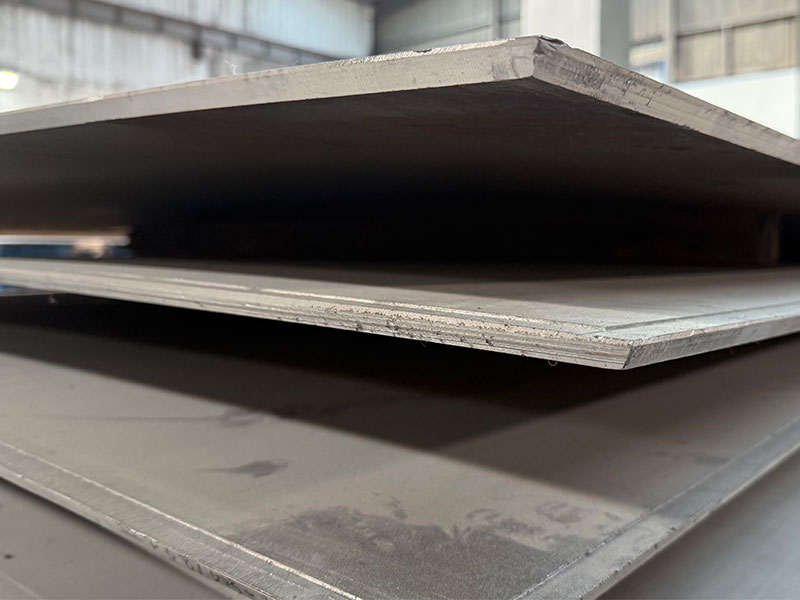
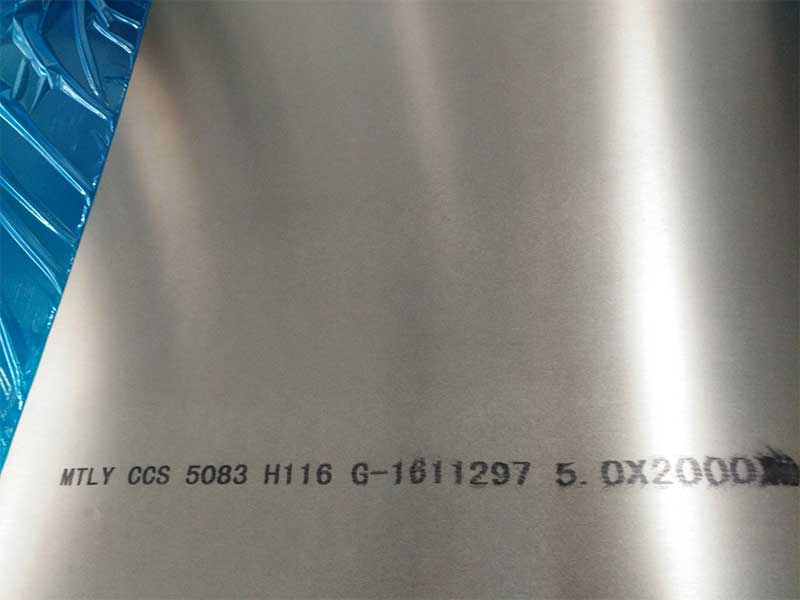


Leave a Message